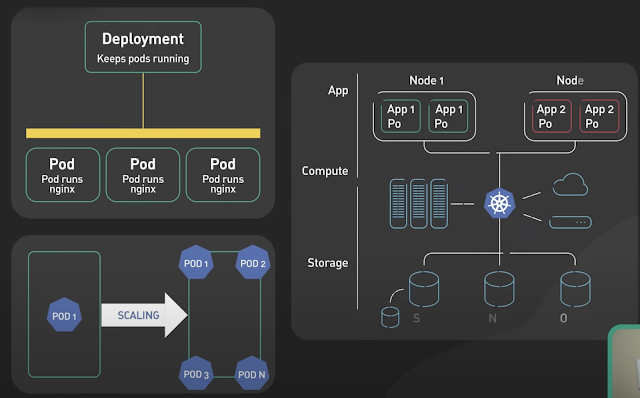Backup strategy:
In computer world most important thing is DATA. No system can 100% secure or fault tolerance, so we always worry & care about data.
Various organization follows different back strategy. Like daily, weekly, monthly or yearly and at different levels.
Once my CEO asked me to design the backup system, and then I study various backup system, algorithms and architectures.
Then I come up with this backup architecture
Level 0 - Hard disk backup using RAID -1 mirroring, its purpose is to use in the case of hardware failure.
Level 1 – OS backup using rsnapshot. It is a file system backup utility based on rsyn, using rsnapshot; it is possible to take snapshots of your file systems at different points in time. Its purpose is to use in the case of OS failure.
Level 2 – Application data backup on same data center using Rsync. Its purpose is to use in the case of application failure.
Level 3 – Application data backup at remote location. Its purpose is to use in the case of data center failure.
As you move from level – 0 to level -3, you have to take more revisions like hours 1, day 1, week 1, and year.
I think this is quit good backup strategy.
Subscribe to:
Post Comments (Atom)
Basics of Kubernetes
Kubernetes, often abbreviated as K8s , is an open-source platform designed to automate the deployment, scaling, and management of container...

-
IOPS (input/output operations per second) is the standard unit of measurement for the maximum number of reads and writes to non-contiguous ...
-
The Unix top command is designed to help users determine which processes are running and which applications are using more memory or process...
-
MySQL's InnoDB storage engine data refresh every situation. This post from InnoDB down, look at the data from the memory to the InnoDB ...


1 comment:
Dear Prabhat Kumar
First of all, Thanks for your email to CentOS-Mirror Mailing List, about the Mirror in Dhaka, Bangladesh. From your posting I found your Blog and seems it is very interesting. I am adding your blog link on my personal homepage.
Especially when I saw 'Backup strategy', I decided to put a simple comment on it.
We, Linux administrators always think about the data backup. But no backup is good unless it is speedy, recoverable and should be near to real time. I like Raid Level 5, but it is costly, I love rsync, but it is not near real time, Backup in remote location seems good, but not affordable for everyone and it is not near real time. Nothing to do, we have to do our best to protect our data. Your Backup Option Level 0 to 3 is very helpful for storage administrators. Keep putting more options if you can.
Thanks
Ahamed Bauani
Post a Comment